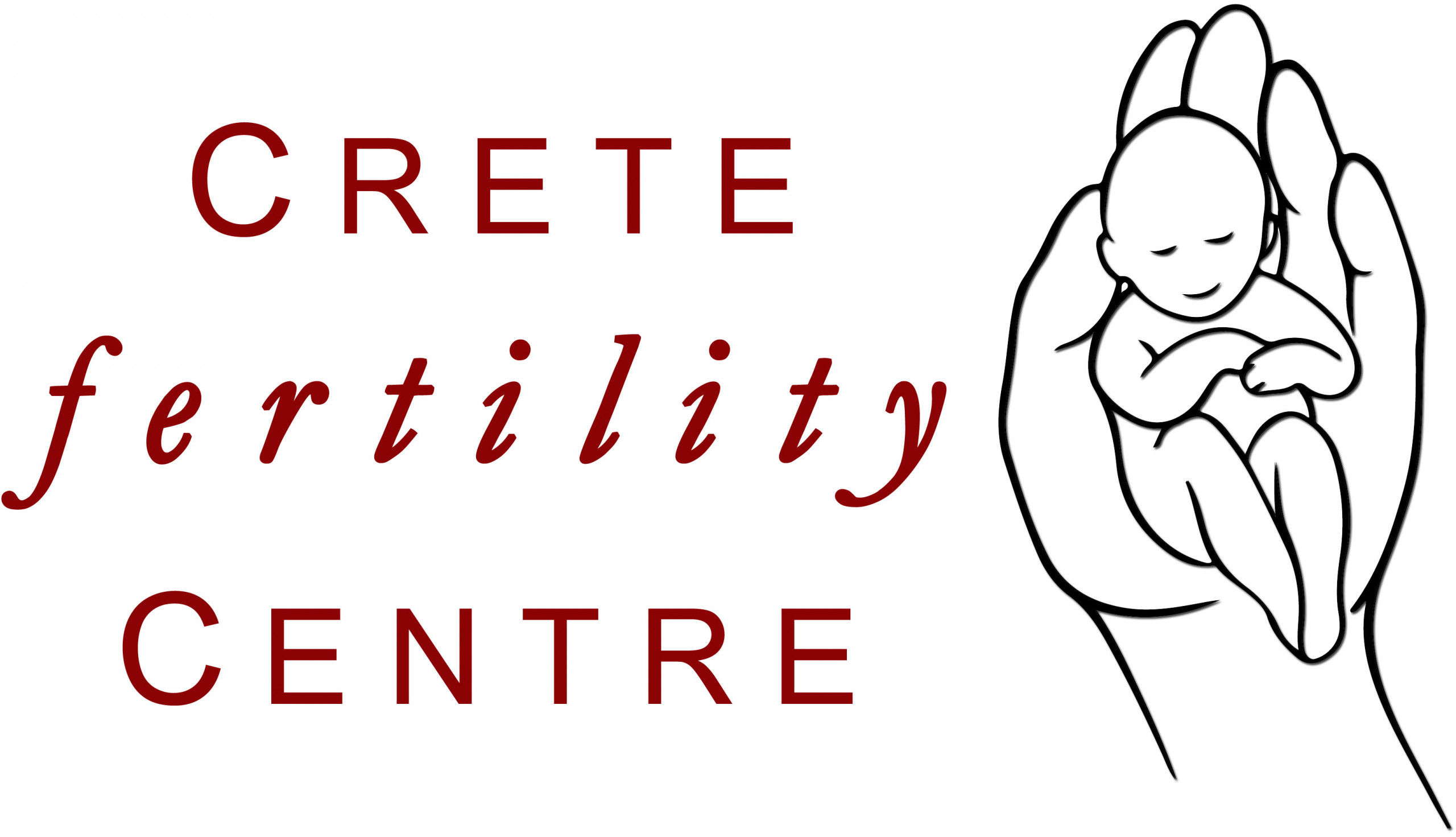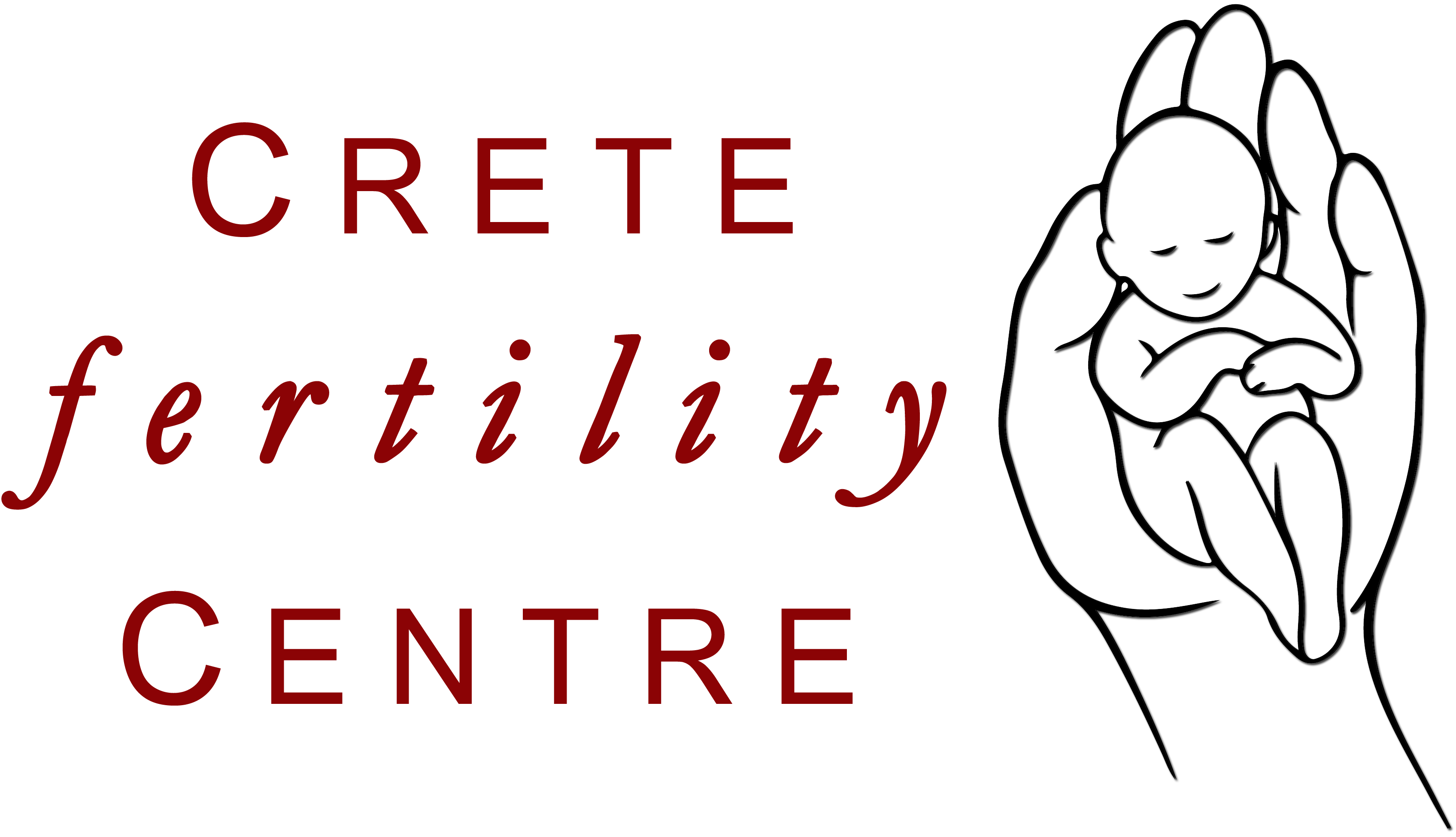PGD Preimplantation Genetic Diagnosis
Pre-implantation Genetic Diagnosis (PGD) is a laboratory procedure, used in conjunction with IVF, which helps to reduce the risk of passing on inherited conditions. Some of the most common reasons for PGD are specific single gene conditions (such as cystic fibrosis or sickle cell anemia) or structural changes of a parent’s chromosomes. Families may also use PGD when a member of the family is in need of a bone marrow donor, as a way to have a child who can provide matching stem cells.
Typically, the couples in need of these techniques are NOT infertile. In fact, in most cases, there is a family history of the condition and the couple is seeking the opportunity to diminish the risk of having another child with significant health compromise or early death. However, through generally available genetic screening, occasionally a couple who is seeking fertility treatment is found to be at risk of passing on an inherited condition, and PGD may become an option for them during the course of their care with us.
PGD is available for almost any inherited condition for which the exact mutation is known. However, a unique test must usually be built for each couple who is planning to use PGD. This test design may take up to several months to complete prior to beginning an IVF cycle.
The genetic material that is transported from generation to generation and is required for the physiologic growth of each organism is found organised in structures, the chromosomes, in the core of cells. The core of sperm is linked with the core of ovum, shaping a cell with 46 chromosomes that is to say 23 chromosomes from each core. This is the beginning of existence of your child.
The lack or excess of one or more chromosomes in the cells of organism is called aneyploidy or numerical chromosomal abnormality. Roughly 50% of spontaneous abortions have chromosomal abnormalities. The numerical chromosomal abnormalities are connected with the event of genetic syndromes in the human, as trisomy 21 or syndrome Down, while other abnormalities are connected with diseases as the cystic fibrosis or thalassaemia.
A chromosomal abnormality can prevent the implantation of foetus in the uterus decreasing the probability of pregnancy. It can also influence negatively the physiologic growth of foetus, leading to abortion. More than the 50% of foetuses from women 35 with 40 years present chromosomal abnormalities. This percent age increase a lot (>80%) when the woman has passed the age the 40.
PGD utilizes IVF, where multiple eggs are matured and retrieved; the oocytes are inseminated with a single sperm (ICSI) and the resulting embryos are grown in culture until the 6-8 cell stage (day 3 of embryo development). At this point, the embryo is biopsied with the removal of 1-2 cells. This process does not damage the cells remaining within the embryo. The isolated cells are evaluated for the specific genetic condition anticipated, as all the known trisomies 13, 18, 21 (Down Syndrome) Hemophilia A-B, thalassemia, cystic fibrosis etc. We can do also gender selection (to avoid sex-linked diseases.)
Embryos that are determined to be unaffected are transferred back to the woman’s uterus on day 5 of embryo development.
Two main techniques are used for the genetic assessment: Polymerase Chain Reaction (PCR) and Fluorescent in Situ Hybridization (FISH). In PCR, multiple copies of the gene of interest are made by a process of amplification. This amplification process allows the identification of very small amounts of DNA in order to make the diagnosis.
FISH allows the laboratory to actually count the number of chromosomes within the isolated cell. This technique is utilized primarily for expected abnormalities in chromosome number (e.g. trisomy – three copies of – 21 or Down Syndrome) or translocations (defects in the structure of the chromosome).
At Crete Fertility Centre, our embryology laboratory staff has extensive experience with embryo micromanipulation and biopsy, trained by Prof. Alan Handyside in the U.K. Further, our genetic counselor is on staff to coordinate your cycle with the IVF team and the PGD laboratory, in order to make the process as smooth as possible.




